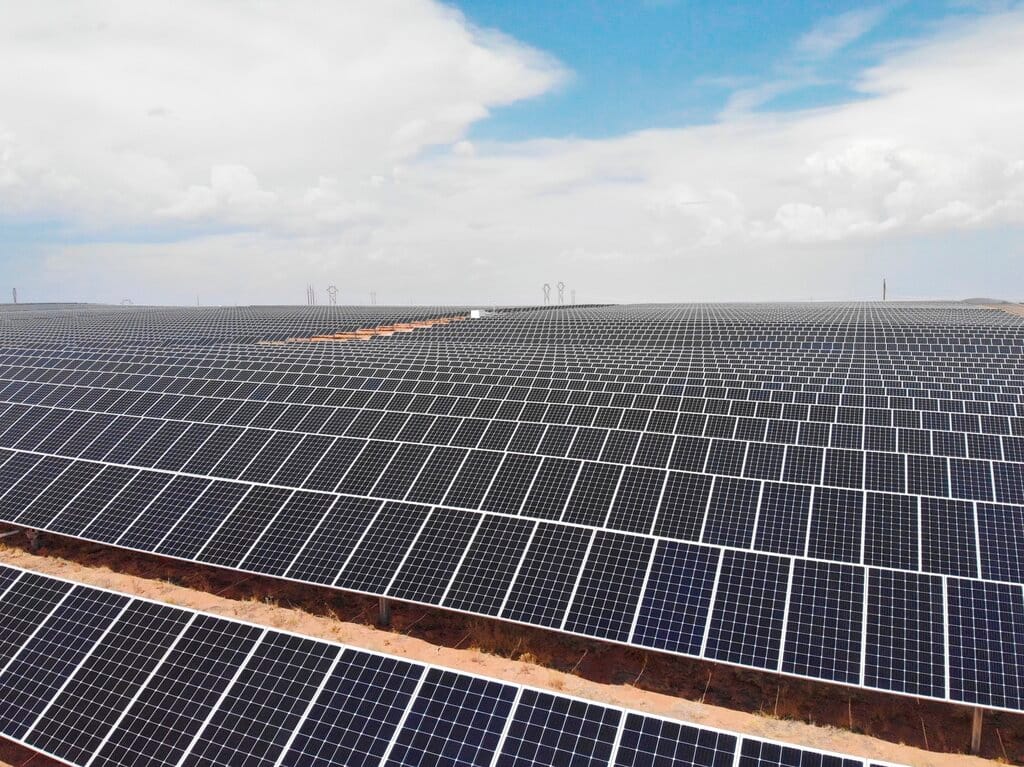Examining the Tax Landscape of Green Energy Firms
Amidst the ongoing debates about corporate taxation, President Biden has been vocal about companies contributing their “fair share” to the nation’s coffers. However, recent insights suggest that the focus might be shifting from the usual suspects of Big Tech and Wall Street to a different sector altogether: green energy firms.
Contrary to popular belief, it’s not the tech giants or financial moguls who are scrimping on taxes; these entities contribute billions to the treasury. The spotlight is now on renewable energy companies, which, despite being hailed as the future of American power production, have been identified as some of the most significant tax avoiders in the industry.
The green energy sector, often associated with positive environmental impact, has been benefiting from a lack of income tax payments. This is compounded by the fact that these companies have been recipients of substantial federal subsidies. Over the past 20 years, the renewable energy lobby has amassed over $250 billion in such support, originally justified as necessary for nurturing these “infant industries.”
However, a recent report by Adam Michel from the Cato Institute paints a concerning picture. The report highlights how policies like the Inflation Reduction Act, championed by Biden, could potentially deplete the Treasury by up to $1.8 trillion over the next decade due to green energy subsidies.
Despite this financial backing, the United States still heavily relies on fossil fuels and nuclear power, with wind and solar energy contributing less than 10 percent to the overall energy mix. This raises questions about the efficacy of the investments being made in the renewable sector.
Interestingly, while advocating for a 15 percent minimum corporate tax to ensure that businesses contribute their due, President Biden’s administration has exempted green energy firms from this rule. This exemption has led to concerns about the true beneficiaries of climate change policies and whether the “green” in green energy is more closely associated with monetary gain than environmental progress.
The narrative around renewable energy is thus becoming more complex, as discussions about tax equity and the actual impact of subsidies on energy production continue to evolve.






